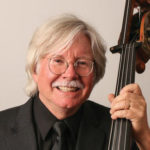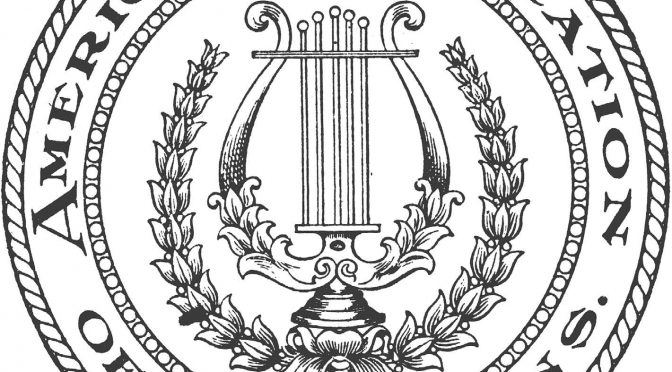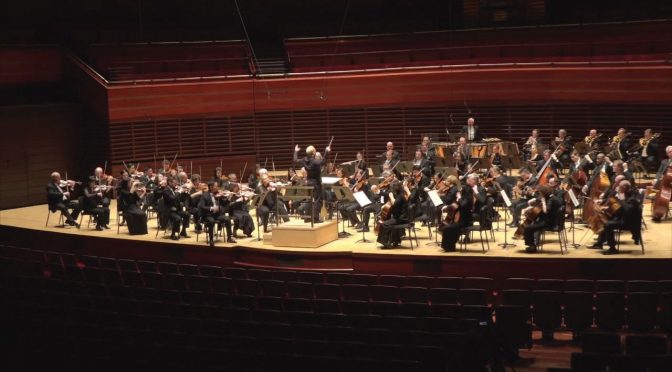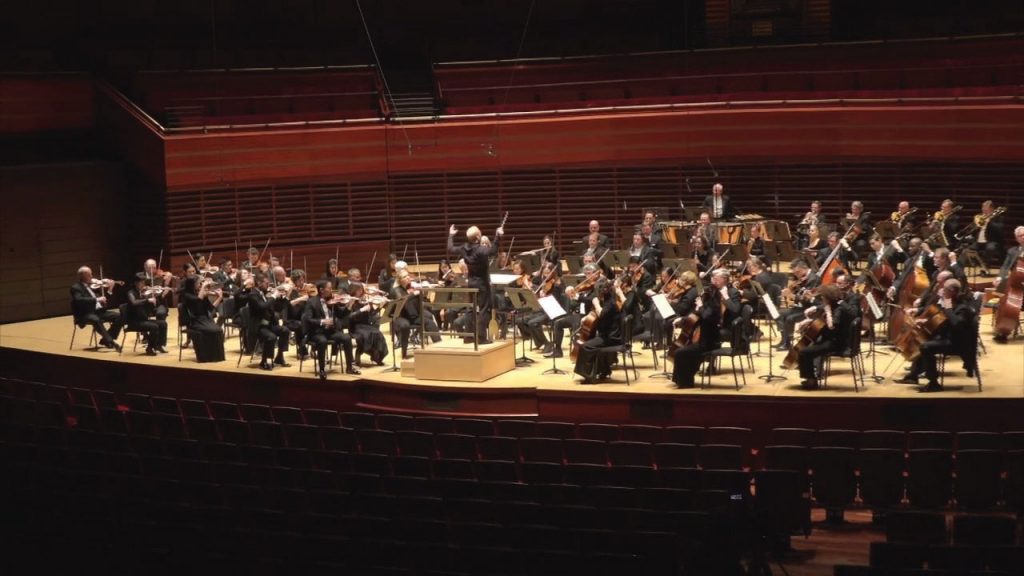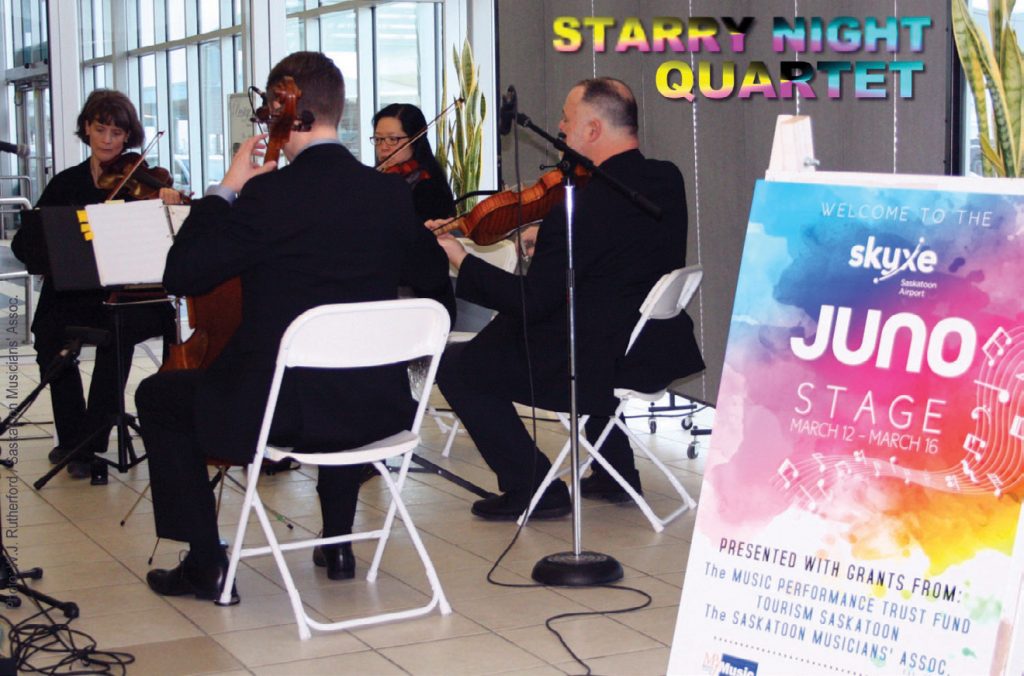The Recording Academy and its affiliated charitable foundation MusiCares have established the COVID-19 Relief Fund to help people in the music industry affected by the coronavirus disease (COVID-19) outbreak and subsequent cancellation of multiple music events. From hotel and bar gigs to major music festivals, COVID-19 is deeply impacting live music events and the creative community behind it all.
Administered through MusiCares, the COVID-19 Relief Fund will be used to directly support those in the music community with the greatest need.
“Event cancellations are at unprecedented levels and the situation therefore requires an unprecedented response,” says Harvey Mason Jr., chair and interim CEO of the Recording Academy. “Many people in the industry are now in crisis, not knowing what the future holds or having to deal with dire commercial realities. We are asking the entire industry to stand with us to support the musicians, artists, and professionals who are the bedrock and the future of our music community.”
Steve Boom, MusiCares chair, says, “The music industry is built on the work of musicians, artists, and music professionals. It is in times like these, that the industry needs to come together to support those who are struggling, particularly those who rely on touring incomes to survive.”
If you are a member of the music industry in need of assistance, visit: musicares.org.
To support our efforts to assist music people in need, visit: www.grammy.com/MusiCares/CoronavirusReliefFund.



